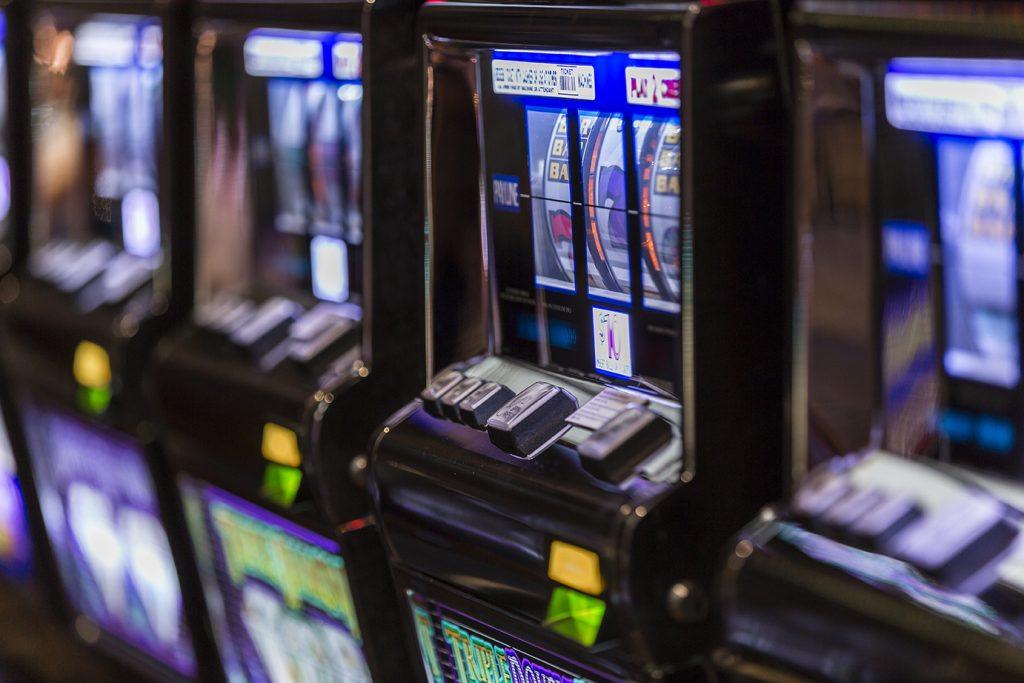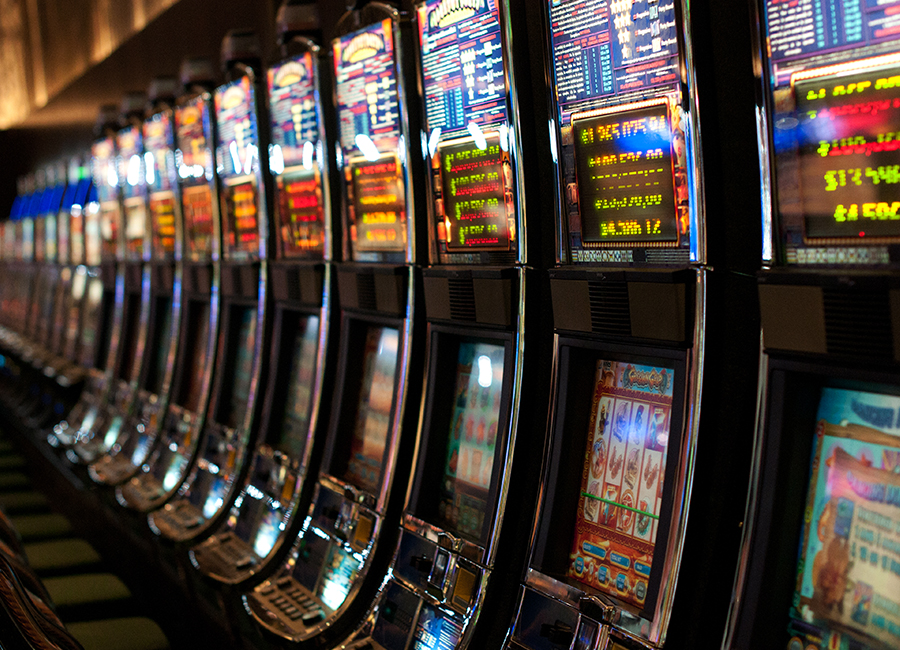Link RTP Slot Hari Ini
Link RTP slot hari ini adalah judi slot online terbaik yang dapat mengurangkan keputusan pemain selama jangka waktu tersebut. Dengan menggunakan slot yang RTP, pemain dan syaratnya tidak harus melakukan withdrawal atau di uangkan oleh permainan.
Link RTP Slot Hari Ini adalah satu agen casino yang membantu menentukan agen judi online seperti slot gacor, rtp live, & nilai sbobet dengan menyediakan akun demo untuk member.
Bonus
Ada banyak bonus yang tersedia di link rtp slot hari ini. Beberapa di antaranya termasuk putaran gratis, bonus setoran, dan jenis hadiah lainnya. Bonus ini bisa menjadi cara yang bagus untuk mendapatkan uang ekstra di akun perjudian Anda.
Bonus paling populer adalah putaran gratis, yang dapat digunakan untuk mencoba permainan baru tanpa mempertaruhkan uang Anda sendiri. Ini sangat membantu bagi mereka yang baru mengenal game online.
Bonus populer lainnya adalah jackpot progresif. Jenis bonus ini biasanya ditawarkan pada waktu-waktu tertentu dalam sehari, dan ini bisa menjadi cara yang bagus untuk mendapatkan lebih banyak uang di akun Anda.
Jika Anda tertarik untuk bermain game dengan jackpot progresif, penting untuk melihat RTP. Ini adalah angka yang menunjukkan seberapa besar kemungkinan Anda memenangkan jackpot. Ini akan membantu Anda memutuskan apakah permainan ini sepadan dengan waktu dan uang Anda.
permainan
Permainan yang ditawarkan link rtp slot hari ini beragam. Beberapa di antaranya menampilkan grafik berkualitas tinggi dan antarmuka yang halus. Lainnya menawarkan berbagai bonus dan putaran gratis.
Kasino juga menawarkan berbagai pilihan metode pembayaran. Anda dapat memilih dari transfer bank, dompet elektronik, dan lainnya.
Fitur hebat lainnya adalah layanan pelanggan. Dukungan obrolan langsung tersedia 24 jam sehari. Agennya ramah dan berpengetahuan luas. Mereka dapat membantu Anda dengan pertanyaan atau masalah apa pun yang Anda miliki tentang akun Anda.
Permainan yang ditawarkan oleh link rtp hari ini aman dan terpercaya. Mereka dijamin oleh perusahaan keamanan pihak ketiga. Mereka juga diuji untuk malware dan virus. Mereka kompatibel dengan sebagian besar perangkat dan sistem operasi. Ini menjadikannya pilihan yang bagus untuk pemain yang ingin bermain online. Situs web ini juga memiliki bagian FAQ untuk membantu menjawab pertanyaan umum. Anda juga dapat menghubungi mereka secara langsung melalui alamat email mereka.
Persyaratan
Jika anda ingin bermain link rtp slot hari ini, ada beberapa syarat yang harus anda penuhi. Ini termasuk menyetor uang dalam jumlah minimum, memainkan berbagai permainan, dan mendapatkan akun dengan RTP (Kembali ke Pemain) yang baik.
Anda juga harus memiliki kartu ID yang valid dan rekening bank. Ini akan memungkinkan Anda untuk melakukan pembayaran dengan mudah.
Anda dapat menggunakan kartu kredit atau layanan pembayaran online untuk menyetor dana ke akun Anda. Kemudian, Anda dapat menggunakan dana tersebut untuk memainkan game favorit Anda. Anda juga dapat menggunakan dana ini untuk menarik kemenangan Anda. Namun, Anda harus berhati-hati saat melakukan setoran pertama. Ini agar Anda tidak kehilangan uang Anda. Anda juga harus tahu cara membaca laporan akun Anda untuk memastikan Anda tidak ditipu. Jika ya, hubungi tim dukungan pelanggan untuk mendiskusikan pilihan Anda. Anda juga dapat memeriksa syarat dan ketentuan kasino Anda.
Legalitas
Link RTP slot hari ini adalah situs judi online legal yang menawarkan pemain kesempatan untuk bermain game kasino tanpa harus membayar uang sungguhan. Kasino online menawarkan permainan dari berbagai penyedia yang berbeda, termasuk Realtime Gaming (RTG), Pragmatic Play, dan LuckyStreak.
Kasino juga menawarkan pemain sejumlah cara berbeda untuk menyetor dan menarik uang. Misalnya, situs web menerima setoran melalui kartu kredit dan transfer bank.
Pilihan lainnya adalah menggunakan e-money. Ini adalah metode penyetoran dan penarikan dana yang relatif baru, tetapi bisa nyaman dan hemat biaya.
Untuk menyetor uang elektronik, Anda harus membuat akun di situs dan mengisi formulir dengan informasi pribadi Anda. Formulir tersebut akan meminta Anda untuk mengirimkan tanggal lahir, alamat, dan detail lainnya.
Setelah Anda mengirimkan detail Anda, Anda akan menerima email dengan konfirmasi setoran dan informasi akun Anda. Jika Anda memiliki pertanyaan, Anda dapat menghubungi dukungan pelanggan melalui live chat atau email.
&ehk=QjGNig8iyzzyaVCAaE1j3QmbBz15iB2%2f425hl%2fzrw%2fA%3d&risl=&pid=ImgRaw&r=0)







